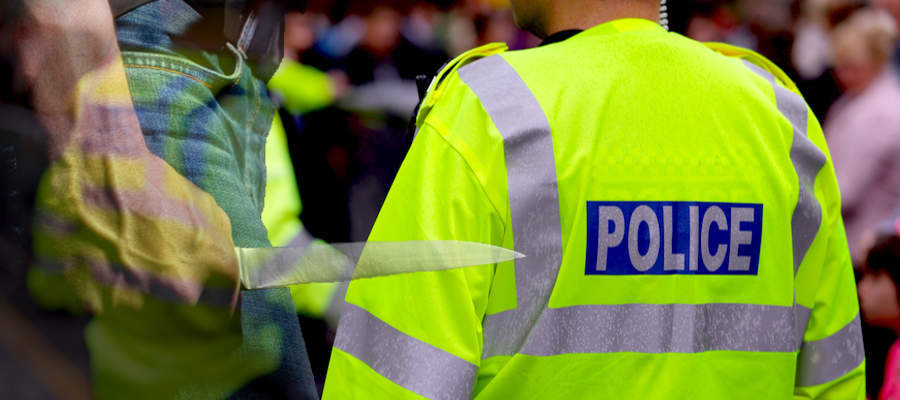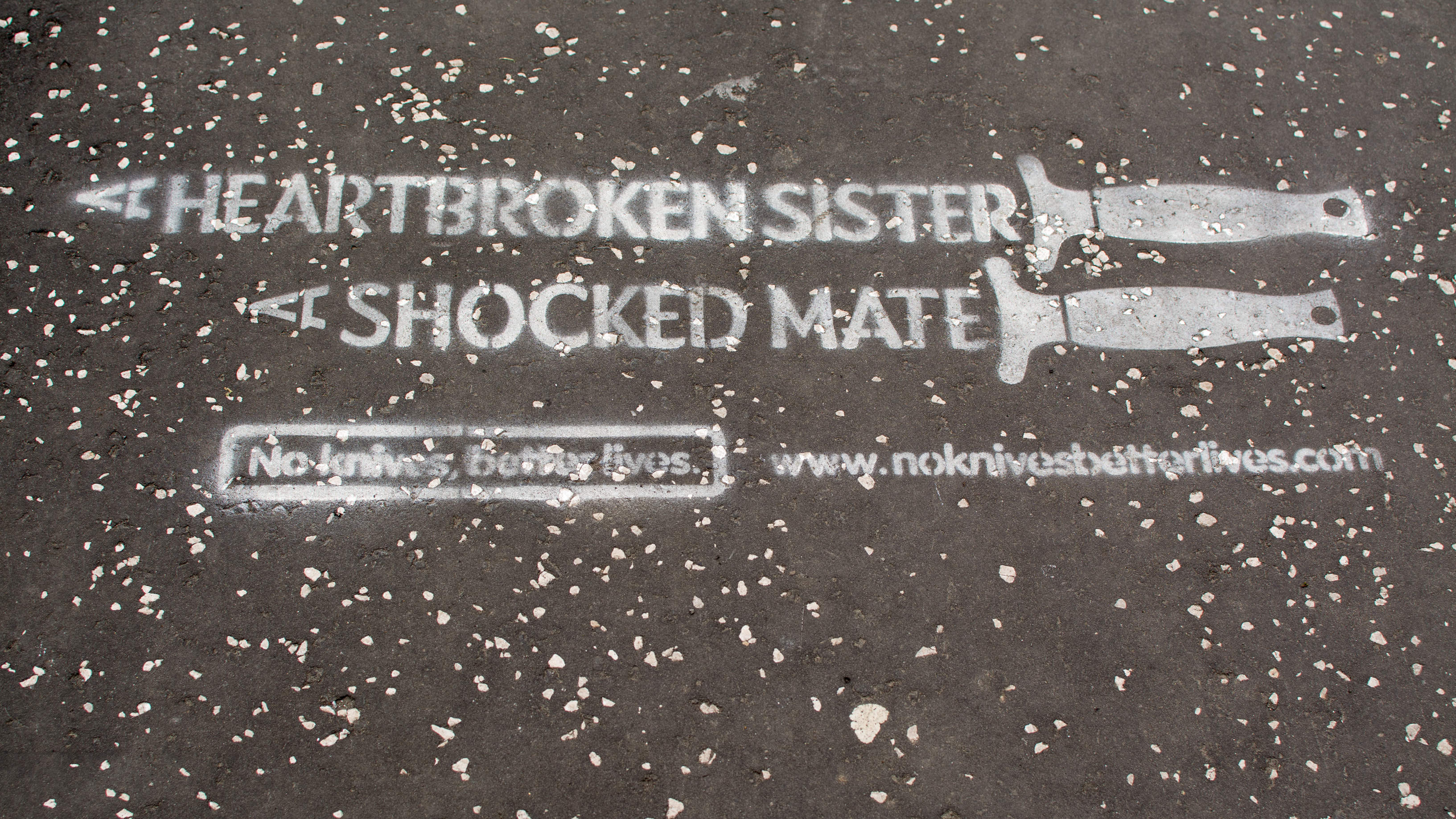
Doctors, nurses and teachers would be required by law to report children feared to have been caught up in a life of violence and if they fail to do so they will be held accountable. This is a proposal to help tackle the knife crime.
Young people who go to A&E with suspicious injuries or displaying worrying behaviour at school are among the warning signs that public sector staff would be expected to report under the proposed multi-agency “public health duty”. Home Office said the requirement would be backed up by legislation to make sure professionals in health, education, the police, social services and housing are held accountable for tackling preventing.
The proposal were unveiled after the Home Office said it was passing over more power to the police to stop and search people without reasonable suspicion to attempt to tackle knife crime.

The prime minister, Theresa May, said: “To bring about lasting change and protect young people from the tragic violence we have seen on our streets, we need to work across society to intervene early and stop them from being drawn into crime.
“Strong law enforcement plays an important role, and the police will continue to have our support on the front line, but we all need to look at what we can do in our communities, and in every part of the system, to safeguard young people.
“That is why our plans to introduce a whole community – or ‘public health’ – approach are designed to identify more young people at risk.”
The home secretary, Sajid Javid, said: “Violent crime is like a disease rotting our society and it’s essential that all public bodies work together to treat the root causes.
“The public health, multi-agency approach has a proven track record and I’m confident it will help stop this senseless violence and create long-term change.”
On Sunday, Javid said he will reduce the level of authorisation required to impose section 60 to stop and search tactics from chief superintendent to inspector. This means that 3,000 more officers to search anyone in an area if serious crime is expected. Also the degree of certainty required by the authorising officer is to be reduced so they must reasonably believe an incident involving serious violence may rather than will occur. The changes apply to seven police forces and will run for up to a year with a six month review.
The college of policing said in 2016 that stop and search is only likely to be effective when “it is used in a targeted and intelligence-led way against active offenders and when officers’ grounds for suspicion are strong”.
Theresa May said: “These changes will support police officers tackling serious violence in the worst-affected areas.
“Stop and search powers are an important tool in the fight against knife crime, and we will continue to drive tough law enforcement to protect the public.”
The number of stab wounds to the head, face and neck areas of a victim increased by 50% between 2015 and 2017. Over the same time period the number of stab wounds of all types seen by hospitals increased by a quarter to 478. Young males were seen to be the vast majority of patients but there was growing numbers of young women.
James Olding, a maxillofacial surgeon at the unit who gathered the data after noticing the trend, said: “When there are efforts to maim, people start to learn where they can [stab to] cause the most disability without killing people. There was a period of stabbing in the buttocks and now the face is going through that.”
He added: “Traumatic injuries to the face are particularly devastating, both physically and psychologically. The face is socially the most important and visible part of the body.”
The average age of all stab victims the hospital treated in 2016-17 was 25, the youngest was 13. Between March 2017 and 2018, 285 killings were carried out with a knife or sharp instrument; this is the highest since Home Office records began in 1946.
The Prime Minister will meet privately with families of a number of victims of knife crime to listen to their experiences.